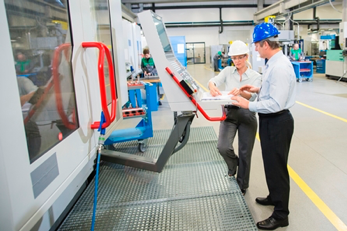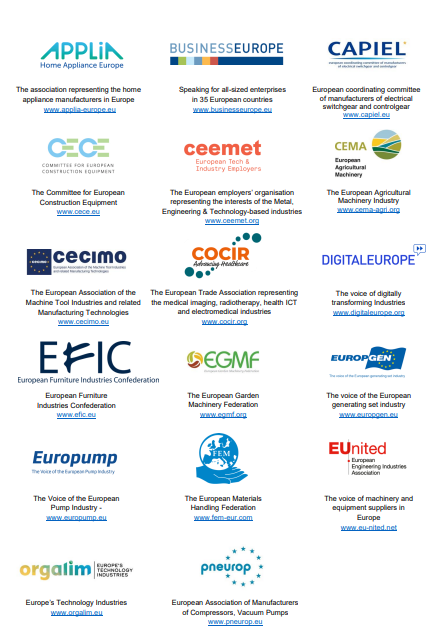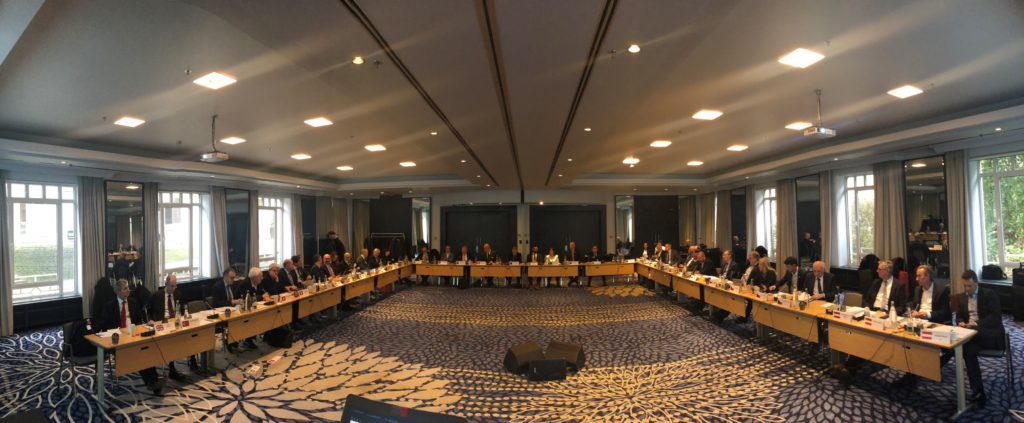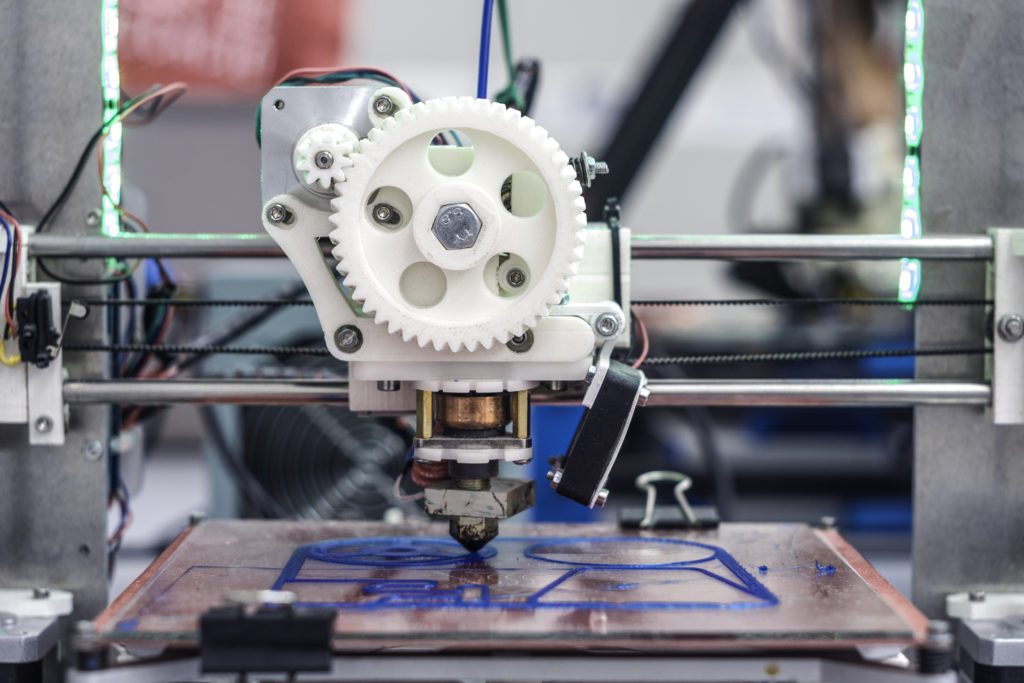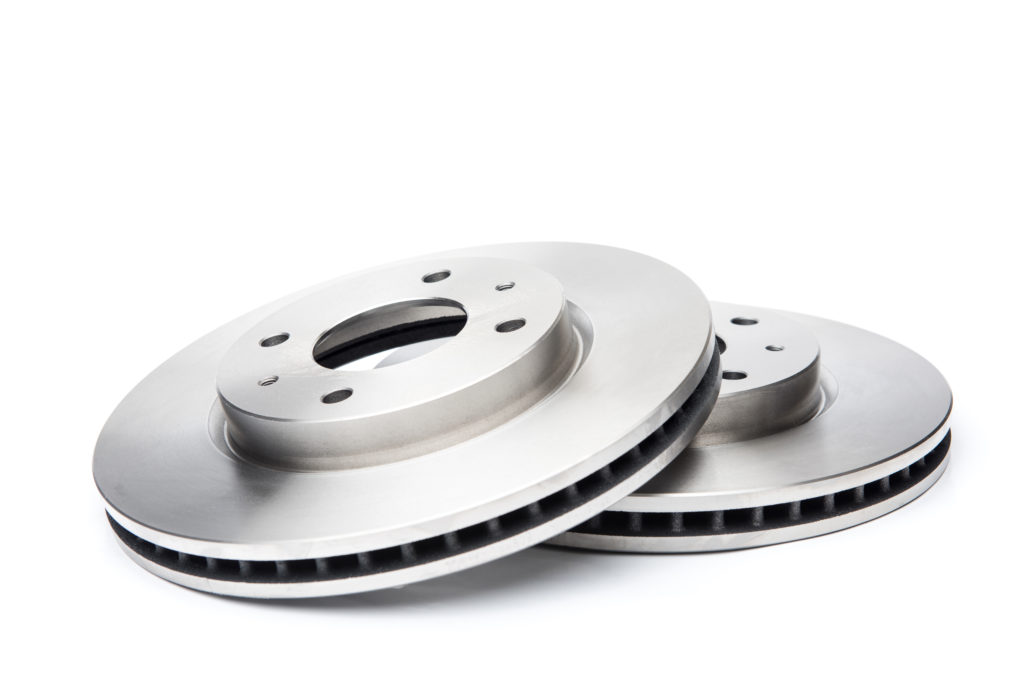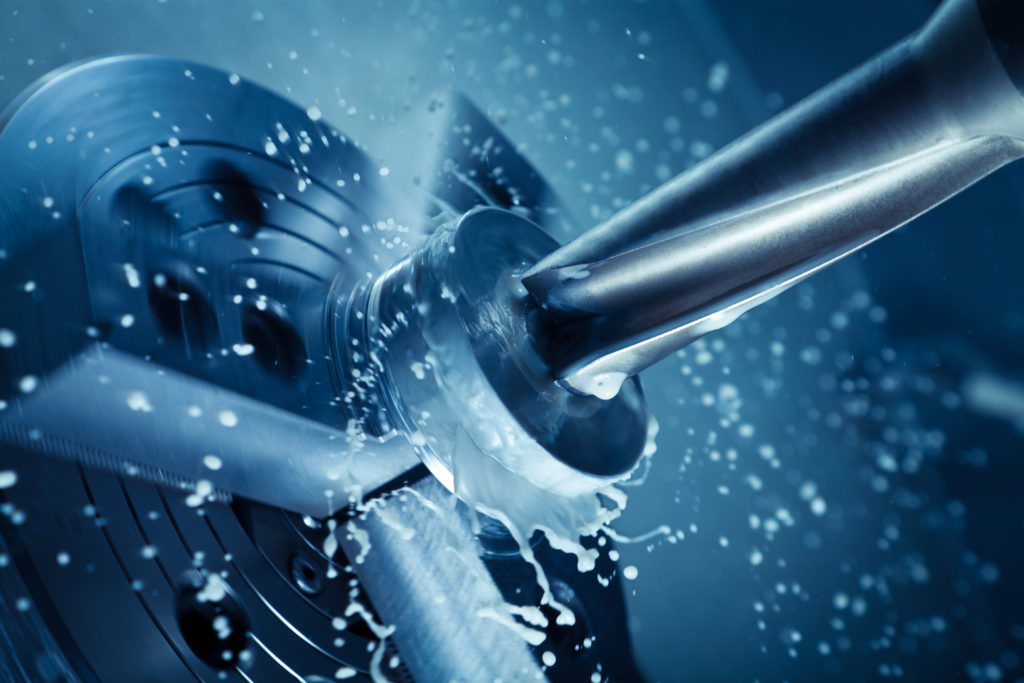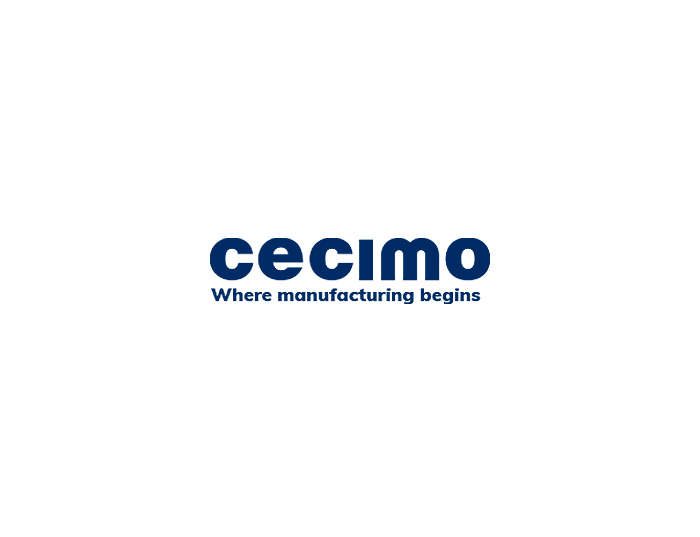Internal Market
EU Machinery Legislation
The current Machinery Directive 2006/42/EC is the core legislation regulating the mechanical engineering industry, and in our view, it is a sound piece of legislation whose revision should be characterized by continuity rather than revolutionary changes. In the context of the ongoing revision of the Machinery Directive, we had expressed in a previous position paper our great satisfaction with the text, which represented a meaningful example of successful European Union legislation on harmonization, providing a high level of safety while ensuring the competitiveness of our sector.
In this regard, it is important for our sector that the future legislative framework continues to support harmonization within the Single Market and the development of standards to promote innovation. Over the past few months, CECIMO was particularly active on this front, actively engaging in policy discussions to coordinate actions and exchange views with all the relevant stakeholders, mainly including Permanent Representations, Members of Parliament and other European Associations.
Throughout this process, we were able to identify a series of major threats in the draft Machinery Regulation, which could potentially create significant hurdles and lead to additional burdens for machine tool manufacturers. You can find a more in-depth analysis of CECIMO’s main areas of concern in the draft legislation in our latest position paper on the subject matter.
Standards
The availability of high quality and “state-of the-art” European standards ensures a well-functioning Single Market, key for a successful economic recovery following the COVID-19 outbreak and to enable the green and digital transition of Europe’s economy and society. Standards create the foundational framework from which innovation can design specific solutions by providing a set of parameters to work within so that they can focus their energies on creating tailored and impactful solutions. For this reason, machine tool manufacturers have a strong motivation to actively participate in standardization activities at the European and international level, which allow them to respond effectively to technological and societal developments, rather than working to change the essential health and safety requirements (EHSRs) outlined in EU legislation.
CECIMO is actively involved in standardisation activities affecting the Machine tool and related manufacturing technologies sector:
• ISO/TC 39 on Machine Tools
• ISO/TC 184/SC 1 on Physical device control
• ISO/TC 261 on Additive Manufacturing
• ASTM F42 on Additive Manufacturing
CECIMO has also been an active member of the MSP/DEI Commission Working Group on Standards for Digitising European Industry, aimed at mapping existing standards, identifying needs and providing a roadmap to foster standardisation in support of the digitalisation of European industry.

UMATI
UMATI (universal machine technology interface) is a community of the machine building industries and their customers for the promotion and adoption of open, standardized interfaces based on OPC UA, in order to provide a machine-to-machine communication protocol for industrial automation (Common processing language for machines). This system facilitates the data exchange between machines, components and installations and their integration into customer- and user-specific IT ecosystems – easily, seamlessly, and securely.
Given the increasing importance that open interfaces will play in the future, particularly in the machine tool manufacturing industry, CECIMO is an official partner of UMATI in the role of a multiplier, thereby actively informing and updating our national members associations about UMATI and the community activities. This in turn provides support to the growing base of partners.
For more information please visit the UMATI website.
Guidelines for CE Marking
The CECIMO CE Guides consists in a series of guidelines aimed at supporting market surveillance authorities, customs authorities, and economic operators to assess the conformity of machines with the European law. We believe that industry can also play a role in increasing awareness among public and private stakeholders about the essential requirements related to health, safety and the environment which apply to machine tools and CE conformity marking.
In this regard, CECIMO is supporting the process towards enhanced enforcement and application of Internal Market legislation, which has kick-started with the entry into force of the New Legislative Framework. CECIMO is now taking up the responsibility. Effective market surveillance requires close cooperation between market surveillance and customs authorities and industry, as much as it requires enhanced administrative capacity. Therefore, we have decided to share our expertise with the relevant stakeholders by publishing the following CECIMO Guidelines for CE Marking:
- Guidelines for CE Marking on Metalworking Milling Machines (2019)
- Guidelines for CE Marking of Electro-Discharge machines (2015)
- Guidelines for CE Marking on Metalworking Band Sawing Machines (2011)
The latest upcoming publication of this series will the Guidelines for CE Marking on Manual and Semi-Automatic Turning Machines, which is currently under preparation by the CECIMO Technical Department.
Posting of workers Directive
The Posting of workers Directive sets mandatory rules regarding the terms and conditions for employees sent by their employers to perform a service in another EU member state on a temporary basis. CECIMO welcomes the policy objective of the Commission, i.e. to ensure fair wages and guarantee a level playing field between posting and local companies throughout the EU. Nevertheless, the revised Directive introduces several legal and bureaucratic elements which discourage SMEs from posting workers, especially when those requirements differ among EU member states.
CECIMO calls for the European Commission to ensure Member states correctly implement the exception allowed by the current Posting Directive for initial assembly and/or installation, as well as postings for all short-term operations. Another step in the right direction would be to agree on common reporting requirements for posted workers at European level and the same kind of documents to be submitted in all member states in English.

